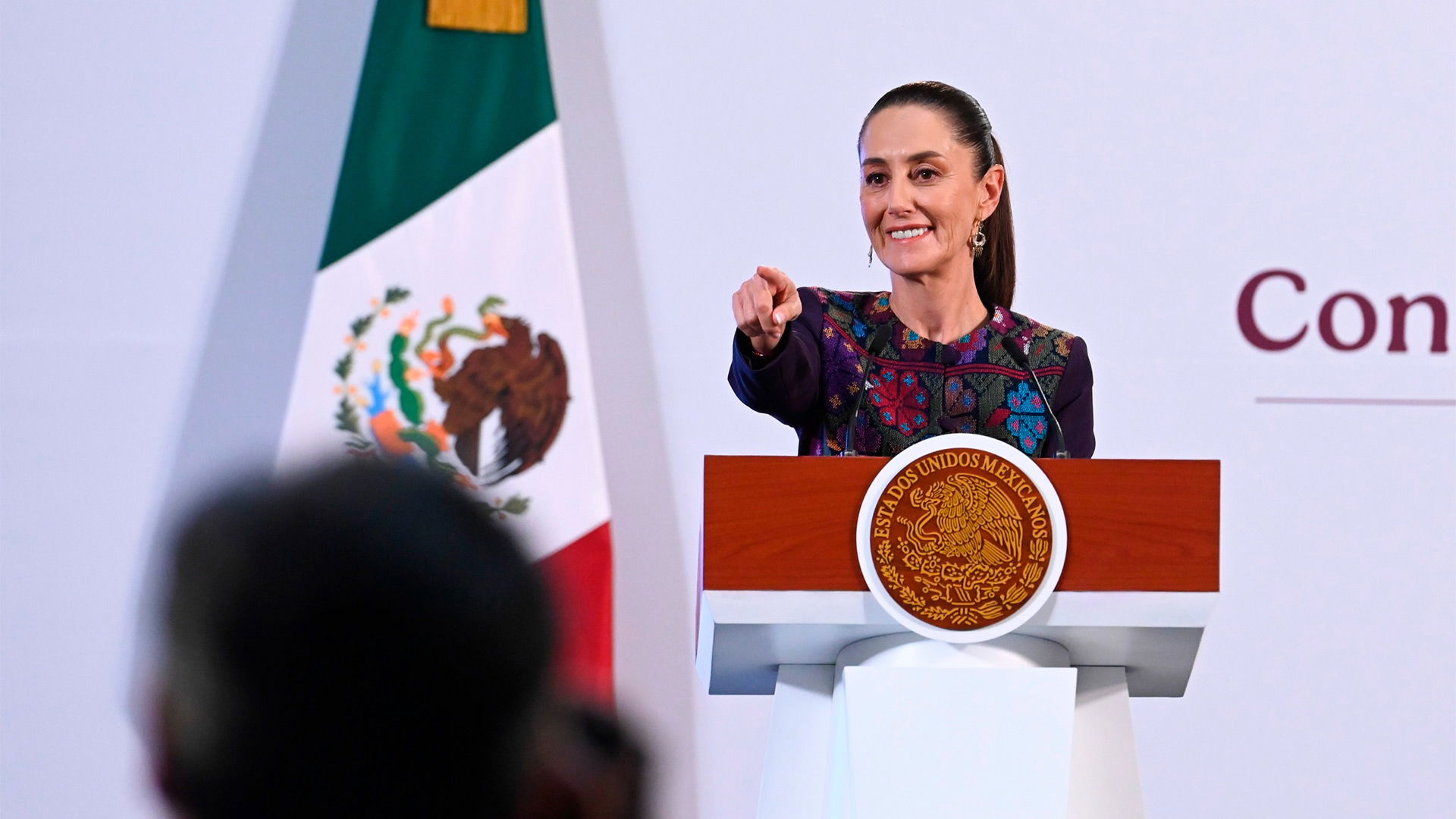In a new installment of their analysis on the current political situation of the gaming sector in Mexico, attorneys Alfredo Lazcano and Andrea Avedillo, of the law firm Lazcano Sámano S.C., focus on the opportunity of the new Government to provide a solution through the Ministry of the Interior (SEGOB) to the need for new regulation of the industry.
Part 4: New government, old promises?
We wrote this fourth part of the series with the full awareness that we should have done this installment months ago, but the truth is that it has been a long time since there was really anything new to write about. And there was nothing to write about because, as we said in Part 3 of this series, we were genuinely waiting for a new law.
Sadly, the promise made during the six-year term of former President López Obrador that the Ministry of the Interior (SEGOB) would promote a reform to the Federal Law on Gaming and Lotteries (Law) and its Regulations, in accordance with “technological progress and social changes” (textual words of the Sectorial Program of the Ministry of the Interior 2020-2024), was left unfulfilled.
As our readers know, in Mexico we have, for the first time in our history, a woman president: Claudia Sheinbaum Pardo. Although this is undoubtedly an important milestone for Mexicans from the point of view of gender equality; the truth is that, for the gaming and sweepstakes sector in the country, the promise of a new law per the social and technological reality of gaming in Mexico -and about to end the year 2024-, seemed to fade away.
However, surprisingly and unexpectedly, at the end of November of this year, Congressman Ricardo Monreal, President of the Political Coordination Board of the Chamber of Deputies, publicly declared that the President of Mexico, Claudia Sheinbaum, or the new Secretary of the Interior, Rosa Icela Rodríguez, would send to the Federal Congress in the coming weeks an initiative for a new gaming and sweepstakes law to “fight corruption in this matter and avoid extortion”.
A few days later, President Sheinbaum seemed to contradict the statement of legislator Monreal, stating that “no, at this moment there is no new law”, but that the head of the SEGOB is working to eradicate any hint of corruption. “She is talking to the owners of the casinos so that if there is any corruption… it is reported immediately”, said the President, also recognizing that the Law “dates from a long time ago, but we do not have a proposal yet.”
The statements, both by the new Mexican President and, at the time, by the Congressman, revived the illusions of those of us who are convinced that our country requires new legislation, but, it must also be said, at the same time repeated the skepticism of others -particularly international observers.
Unfortunately, the lack of a current regulatory framework in line with industry best practices gives free rein to discretion and corruption, hinders the implementation of transparent and efficient processes, and generates legal uncertainty and losses for this business activity on which hundreds of thousands of jobs and billions of pesos in taxes rely.
There are very specific problems that must and can be solved soon, such as safeguarding the legal importation of gaming machines, whose operation is only allowed in Mexico within gaming establishments duly authorized by the SEGOB, as well as guaranteeing free access to the database that appears in the Web Site of the General Directorate of Gaming and Sweepstakes, which is not always available (because it uses old software versions), nor updated (the information on authorizations to licensees and their establishments is incomplete).
Let us hope that the incoming head of SEGOB, Secretary Rodriguez, through the also new General Director of Gaming and Sweepstakes, Maria de Lourdes Ramirez Garcia, will be able to promote from her position greater attention to the problems that afflict the legal gaming sector.
The sector is such an undeniable economic force that the government itself foresees a collection growth for 2025 of approximately 8% in comparison with the 3,421.6 million pesos established in the Federal Revenue Law for the Fiscal Year 2024 – a contribution that can hardly be maintained if the necessary regulatory conditions are not fostered to continue participating in the economic production of the nation.
